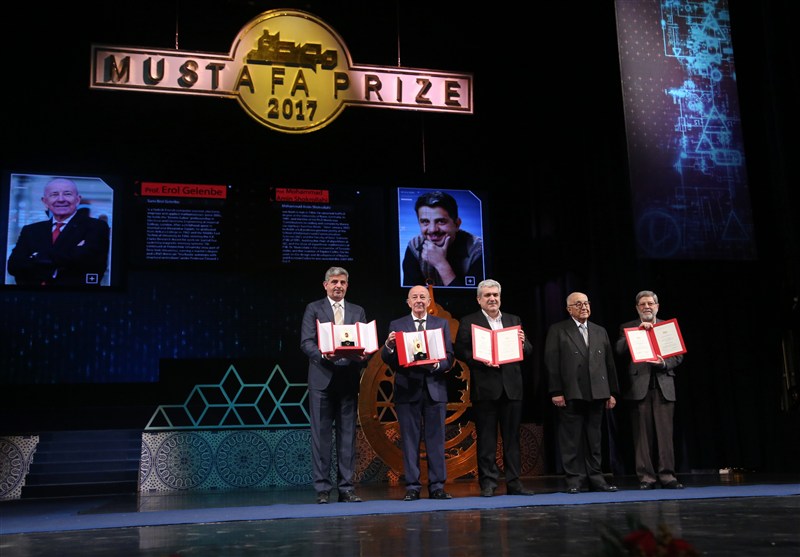Mustafa(pbuh) Prize: Forging a New Scientific Alliance


In an era when science has become a means of influence and international interactions, the Mustafa(pbuh) Prize is more than a scientific accolade; it builds a fresh framework for connecting universities and scientists across the Islamic world.
TEHRAN (Tasnim) – Recent decades have witnessed the emergence of the concept of “science diplomacy” as a key instrument of international relations. Within this framework, science and technology serve not only as a foundation for domestic development but also as a bridge for international dialogue and cooperation, easing tensions among nations.
Established in 2015, the Mustafa(pbuh) Prize is an evident case in point of the strategic employment of science in diplomacy. It is awarded to outstanding scientists from the Islamic world, as well as from non-Muslim countries, whose scientific achievements have had a global impact and have laid the groundwork for scientific collaboration beyond geographical and political boundaries.
Key Potentials of the Mustafa(pbuh) Prize in Science Diplomacy
1. Building an independent international scientific network
Many international scientific associations are dominated by Western institutions in which Muslim countries play marginal roles. The Mustafa(pbuh) Prize has shifted this dynamic. This event brings together scientists from over 30 countries, thus shaping a scientific network spanning the Islamic world and the Global South, one that promotes scientific exchange and helps set independent scientific agendas.
2. Synergy between elites and the industrial sector
The Prize is not simply about who the winners are. Rather, specialized meetings, technology transfer events, and B2B sessions between researchers and knowledge-based companies are held on its sidelines. This approach has brought about real collaborations between universities, research centers, and knowledge-based industries. A case in point is the signing of joint agreements in biotechnology, nanotechnology, and biomedical engineering between Iranian researchers and counterparts from Southeast Asia in recent editions of the Prize.
3. Soft geopolitical power through science
In an age when technological competition has become part of geopolitical rivalry, the Mustafa(pbuh) Prize, as an instrument of soft power, enables the Islamic world to present itself as a recognized leader in scientific advancement. Apart from garnering positive media coverage in the world, this offers a different image of a region often associated with political conflicts.
4. A South–South platform for technology transfer
Most technology transfer mechanisms follow a North–South path, that is, from developed to developing countries. The Mustafa(pbuh) Prize, with its network-based structure, enables the exchange of technology and experience among developing countries. Such a pathway can reduce the cost of innovation and accelerate the localization of knowledge.
Long-Term Strategic Impact
1. Solidification of the Islamic world’s scientific brand: The continued presentation of the Prize helps establish an independent international scientific brand rooted in cultural values and local identity.
2. Joint policymaking for science: Bringing together outstanding scientists and science policymakers through this event leads to collective decision-making for joint scientific initiatives.
3. Boosting the knowledge-based economy: The laureates of the Mustafa(pbuh) Prize and their associated network can provide a platform for joint investment and commercialization of technology products.
4. Enhancing Muslim countries’ resilience in the area of science: In times of global crises, such as the COVID-19 pandemic or climate change, this scientific network, drawing on its shared local capacity, can offer rapid, locally-driven solutions.
If the development path of the Mustafa(pbuh) Prize continues with targeted investment, it is foreseeable that within the next decade it could become the primary channel for scientific convergence in the Islamic world. It will be a platform that not only oversees a new era of technological cooperation but also plays an active role in shaping the architecture of global science.